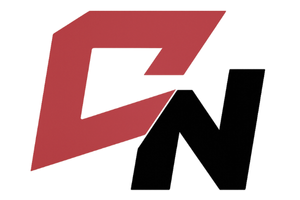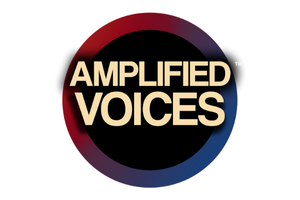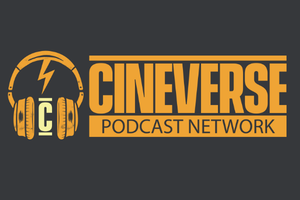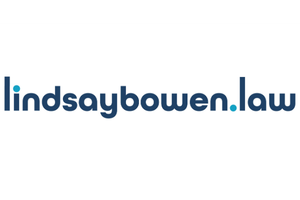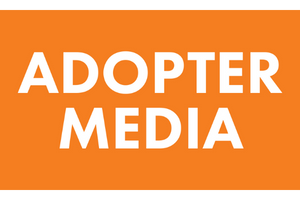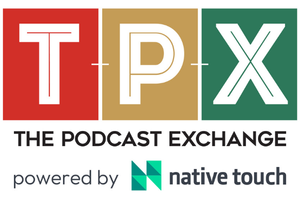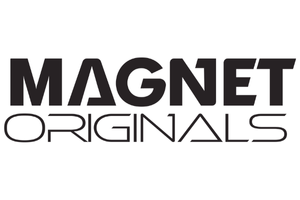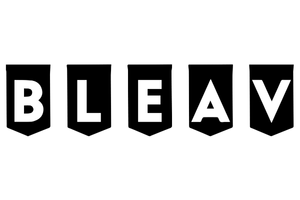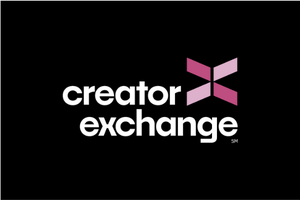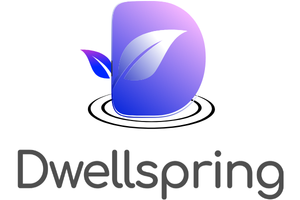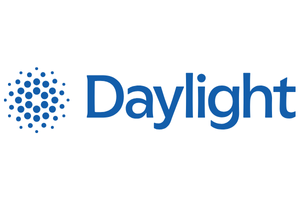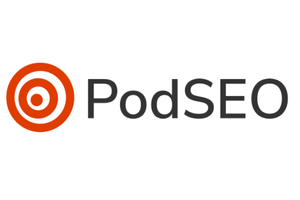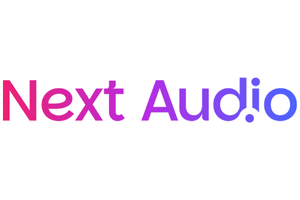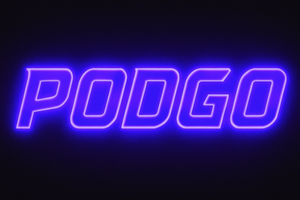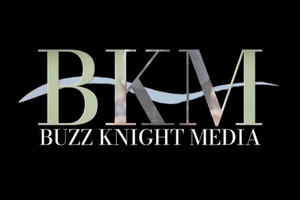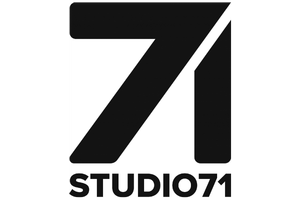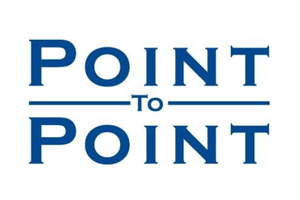This Week in the Business of Podcasting
Whew, what a trip! Here’s to good times and safe travels for everyone leaving Podcast Movement in sunny National Harbor, Maryland. While we all unpack our suitcases and stow away lanyards, let’s catch up on this week’s news.

Transparency. Performance. Automation.
The Podcast Movement Grab Bag
Call Glenn Powell, because Podcast Movement D.C. was a whirlwind of announcements. We’re collecting a few here. First up: At the beginning of the week, while attendees were still flying in, Apple announced a major update to Apple Podcasts that made the service accessible from most major browsers. With the update, audiences can access Apple Podcasts from a new browser interface, live in over 170 countries. From a data perspective, web players often display as the browser they originate from, versus the website or player being used. Some of that data is available and is often not reported on. This new rollout from Apple ideally will make browser data tablestakes for podcasting, further improving analytics available to the industry at large.
Next up: Lindsay Graham has announced a subscription-based music library dubbed Thrumm. The library, designed for podcasters, documentarians, and “people with a story to tell” is built from an editor’s perspective, sorting tracks by tone rather than genre, with tags like “Exposition” and “Resolution.” Thrumm’s library is built entirely of songs composed in complementary keys and tempos, making the library fully compatible with itself.
Last, but not least, this Wednesday Triton Digital announced a new development from their partnership with Headliner. A new feature within Omny Studio enabled users to build audiograms from their podcast content using Headliner tech and automatically distribute the resulting videos directly to the podcast’s YouTube presence. Triton Digital tells Sounds Profitable the partnership is such that Omny Studio clients do not need a separate subscription to Headliner to access the features.
FTC Fed Up With Fake Followers
Last Thursday from Dan Whatley and Business Insider: The Federal Trade Commission has finalized a new role that codifies how they will begin pursuing creators and businesses that buy fake followers, views, or other metrics to boost engagement on an account or sponsored post. While the FTC has pursued companies selling boosted follower counts and likes in the past, the new framework allows the organization to go after bad actors. A quote from former FTC attorney Katherine Armstrong:
“This rule doesn’t establish anything brand new, but it will provide a new enforcement mechanism for the Federal Trade Commission to be able to get monetary relief for violations.”
While buying legitimate traffic for a podcast feed does not qualify for this FTC rule, podcasting is not free of accounts boosted with bought followers/subscribers that would qualify as using paid engagement to boost a for-profit venture.
Gross Media Ad Spend Spikes for Streamers, What That Means for Podcasting
Last Thursday from Jasmine Sheena at Marketing Brew: New data from Guideline (compiled from various sources, including Standard Media Index) shows streaming services are bringing in the ad revenue. Netflix reports a 166% increase in gross media ad spend. Disney+ follows close behind with a 140% YoY growth in gross media ad spend. A quote from the article.
“Overall, digital video gross media ad spend grew 14% YoY, while linear TV gross media ad spend dropped 12% YoY. The heightened investment in digital video comes amid continued efforts by streamers to court ad-supported subscribers through price hikes and password sharing crackdowns, as well as major subscriber and ad revenue bleed within linear TV.”
Subscription-based TV is undergoing a shift from the common presumption of being paid for an ad-free experience, to paid streams still containing ads. Podcast audiences believe ads in their favorite podcasts support the creator directly, so ads are more favorably accepted than in other forms of media.
As the world progresses towards subscriptions being ad-supported as the default, podcasting continues to stand out. Even when podcasts follow that, it continues to stand out thanks to the transparent nature of the industry and the connection between producer and audience member.
Quick Hits
While they may not be top story material, the articles below from this week are definitely worth your time:
- Onward and Upward by Gavin Gaddis. From adding a new member to the team, to announcing partnership that brings podcasting to Advertising Week, Sounds Profitable has had a busy week.
- July Exhibits Rare Upswing in TV Viewing, Amplified by Streaming and First Days of Summer Olympics, according to Nielsen’s The Gauge™ Nielsen finds YouTube is the first streaming service to take up over 10% of TV usage, as of this July.
- Alex Cooper Inks Multiyear Deal With SiriusXM for ‘Call Her Daddy’ and Exclusive Content, as Podcaster Ends Run With Spotify The new deal is expected to lead to new SXM-exclusive Cooper content starting in 2025, along with SXM securing exclusive distribution and advertising rights for Unwell Network podcasts.
- Discover the New AI for Podcasts by Ausha. The new Ausha Intelligence service will be available to all users for no extra charge.







